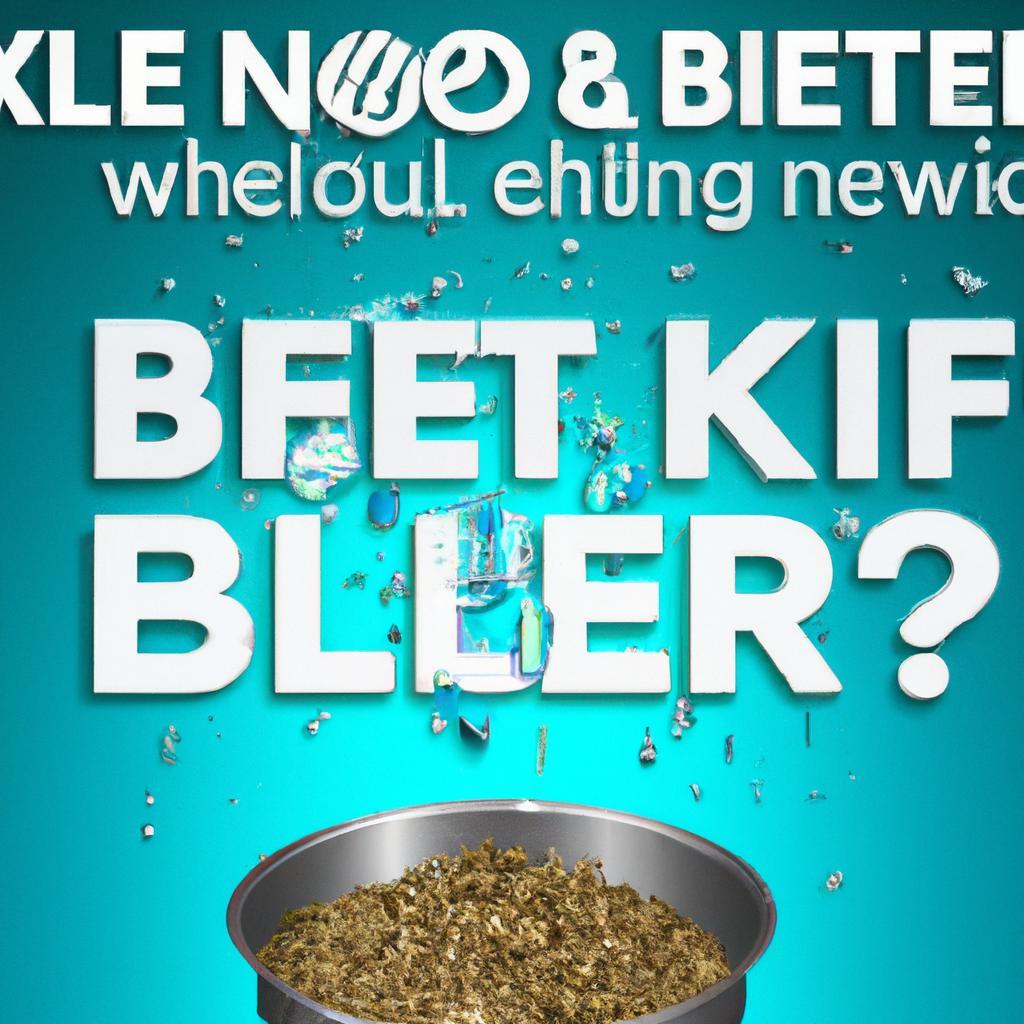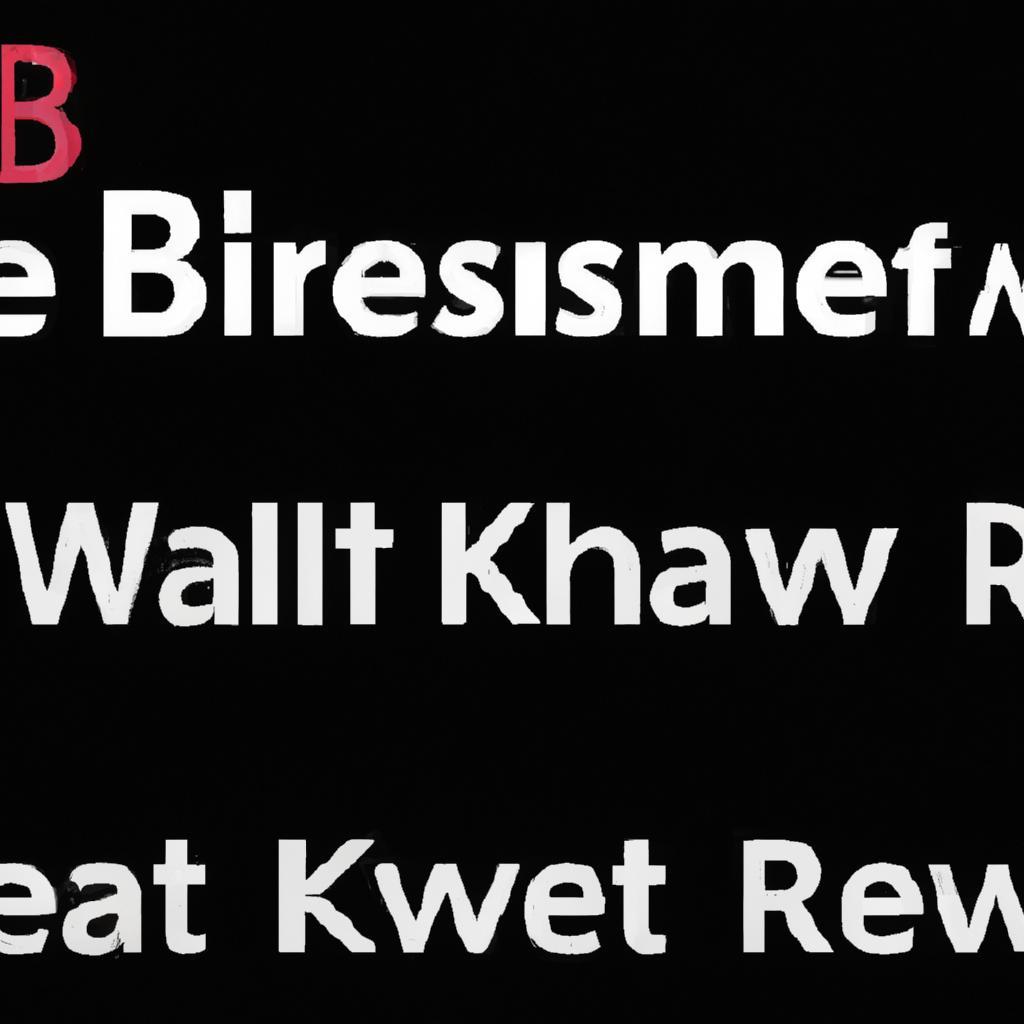When Sarah adopted Max, her energetic Labrador, she was overwhelmed by the choices of pet food. Unsure of what to feed him, she turned to her veterinarian for guidance. The vet explained that kibble is often recommended because it’s nutritionally balanced, convenient, and promotes dental health. With a busy lifestyle, Sarah appreciated the ease of measuring out kibble and knowing Max was getting the right nutrients. As Max thrived on his kibble diet, Sarah realized that trusting her vet’s advice was the best decision for her furry friend’s health.
Contents
- Understanding the Nutritional Balance of Kibble for Optimal Pet Health
- The Convenience and Cost-Effectiveness of Kibble in Pet Care
- Evaluating the Quality of Ingredients in Commercial Kibble Brands
- Transitioning Your Pet to Kibble: Best Practices for a Smooth Change
- Q&A
Understanding the Nutritional Balance of Kibble for Optimal Pet Health
When it comes to choosing the right diet for your pet, understanding the nutritional balance of kibble is essential for promoting optimal health. Kibble is formulated to provide a complete and balanced diet, ensuring that pets receive all the necessary nutrients in appropriate proportions. This balance is crucial for maintaining energy levels, supporting immune function, and promoting overall well-being.
One of the key advantages of kibble is its ability to deliver a variety of essential nutrients, including:
- Proteins: Vital for muscle development and repair.
- Fats: A concentrated source of energy that also supports skin and coat health.
- Carbohydrates: Important for providing energy and aiding digestion.
- Vitamins and Minerals: Necessary for various bodily functions, including bone health and metabolic processes.
Moreover, the manufacturing process of kibble ensures that these nutrients are preserved and easily digestible. High-quality kibble is often enriched with additional vitamins and minerals, which can help address specific health concerns. This level of nutritional precision is difficult to achieve with homemade diets or table scraps, making kibble a reliable choice for pet owners seeking to meet their furry friends’ dietary needs.
Veterinarians frequently recommend kibble because it is designed to support long-term health. The consistent formulation allows for predictable nutrient intake, which is particularly important for pets with specific dietary requirements or health issues. By choosing a veterinarian-approved kibble, pet owners can feel confident that they are providing their pets with a diet that promotes longevity and vitality.
The Convenience and Cost-Effectiveness of Kibble in Pet Care
When it comes to pet care, kibble stands out as a practical choice for pet owners seeking both convenience and cost-effectiveness. One of the primary advantages of kibble is its long shelf life, which allows pet owners to buy in bulk without the worry of spoilage. This means fewer trips to the store and more time spent enjoying the company of your furry friend. Additionally, the ease of storage makes kibble a hassle-free option, fitting seamlessly into any household.
Another significant benefit of kibble is its affordability. Compared to other pet food options, such as wet food or raw diets, kibble typically offers a more budget-friendly solution without compromising on nutrition. Many brands provide a balanced diet that meets the dietary needs of pets at various life stages, making it easier for owners to find a suitable option for their pets without breaking the bank. This cost-effectiveness allows pet owners to allocate their resources toward other essential aspects of pet care, such as veterinary visits and grooming.
Kibble also simplifies feeding routines, as it can be easily portioned and served. This convenience is particularly beneficial for busy pet owners who may not have the time to prepare fresh meals daily. With kibble, you can simply measure out the appropriate serving size and provide your pet with a nutritious meal in seconds. Furthermore, many kibble formulas are designed to promote dental health, as the crunchy texture helps reduce plaque and tartar buildup, contributing to your pet’s overall well-being.
Lastly, the variety of kibble options available on the market caters to different dietary needs and preferences. From grain-free formulas to those enriched with specific nutrients for senior pets, there is a kibble option for every pet. This diversity allows pet owners to choose a product that aligns with their pet’s health requirements and personal preferences, ensuring that they receive a balanced diet tailored to their needs. With all these advantages, it’s no wonder that veterinarians often recommend kibble as a reliable choice for pet care.
Evaluating the Quality of Ingredients in Commercial Kibble Brands
When selecting a commercial kibble brand for your pet, the quality of ingredients is paramount. Not all kibble is created equal, and understanding what goes into your pet’s food can significantly impact their health and well-being. High-quality kibble should contain **real meat** as the primary ingredient, ensuring that your pet receives the essential proteins needed for muscle development and overall vitality. Look for brands that specify the type of meat used, such as chicken, beef, or fish, rather than vague terms like “meat meal.”
In addition to protein sources, the inclusion of **whole grains** and **vegetables** is crucial. Whole grains like brown rice and oats provide necessary carbohydrates for energy, while vegetables contribute vital vitamins and minerals. Brands that incorporate a variety of fruits and vegetables, such as sweet potatoes, carrots, and blueberries, not only enhance the nutritional profile but also support your pet’s immune system and digestive health. Avoid kibble that lists fillers like corn or soy, as these ingredients offer little nutritional value and can lead to allergies or sensitivities.
Another important factor to consider is the presence of **healthy fats**. Look for sources of omega-3 and omega-6 fatty acids, which are essential for maintaining a shiny coat and healthy skin. Ingredients such as fish oil or flaxseed are excellent indicators of a kibble brand that prioritizes your pet’s overall health. Additionally, the absence of artificial preservatives, colors, and flavors is a strong sign of a quality product. Brands that use natural preservatives like tocopherols (vitamin E) demonstrate a commitment to providing a safer, healthier option for your furry friend.
Lastly, consider the brand’s **transparency** and commitment to quality. Reputable companies often provide detailed information about their sourcing practices and ingredient origins. Look for brands that conduct regular quality control tests and have certifications from recognized organizations. This level of transparency not only builds trust but also assures pet owners that they are making informed choices about their pet’s nutrition. By prioritizing high-quality ingredients, you can ensure that your pet receives the best possible nutrition, leading to a happier, healthier life.
Transitioning Your Pet to Kibble: Best Practices for a Smooth Change
Transitioning your pet to kibble can be a rewarding experience for both you and your furry friend. To ensure a smooth change, it’s essential to introduce the new food gradually. Start by mixing a small amount of kibble with your pet’s current food. Over the course of a week or two, slowly increase the proportion of kibble while decreasing the old food. This gradual approach helps to prevent digestive upset and allows your pet to adjust to the new texture and flavor.
Monitoring your pet’s response during the transition is crucial. Keep an eye on their appetite, energy levels, and stool consistency. If you notice any signs of discomfort, such as vomiting or diarrhea, consider slowing down the transition process. It’s also beneficial to consult with your veterinarian if you have any concerns, as they can provide tailored advice based on your pet’s specific needs. Remember, every pet is unique, and some may require more time to adapt than others.
Incorporating positive reinforcement can make the transition more enjoyable for your pet. Use **treats** or **praise** when they eat the kibble, creating a positive association with the new food. You might also consider adding a small amount of warm water or low-sodium broth to the kibble to enhance its aroma and flavor, making it more appealing. Engaging your pet during mealtime can help alleviate any anxiety they may feel about the change.
Lastly, ensure that you are choosing high-quality kibble that meets your pet’s nutritional requirements. Look for options that list real meat as the first ingredient and avoid those with excessive fillers or artificial additives. A well-balanced diet is essential for your pet’s overall health, and making informed choices during the transition will set the foundation for a happy and healthy life. By following these best practices, you can help your pet embrace their new kibble diet with ease and enthusiasm.
Q&A
-
What are the nutritional benefits of kibble?
Kibble is formulated to provide a balanced diet for pets, containing essential nutrients such as proteins, fats, vitamins, and minerals. This ensures that your pet receives all the necessary components for optimal health, growth, and energy levels.
-
How does kibble support dental health?
The crunchy texture of kibble helps reduce plaque and tartar buildup on your pet’s teeth. Chewing kibble can promote better oral hygiene, which is crucial for preventing dental diseases and maintaining overall health.
-
Is kibble convenient for pet owners?
Kibble is easy to store, measure, and serve, making it a convenient choice for busy pet owners. Its long shelf life and minimal preparation time allow for hassle-free feeding, ensuring your pet gets their meals consistently.
-
Can kibble help with weight management?
Many kibble options are designed with specific calorie counts and portion control in mind, making it easier to manage your pet’s weight. This is particularly beneficial for pets prone to obesity, as it allows for precise feeding and monitoring.
vets recommend kibble for its balanced nutrition, convenience, and dental benefits. Choosing high-quality kibble can enhance your pet’s health and happiness, making it a smart choice for responsible pet owners. Invest in their well-being today!

大家好,我是彼得潘,專業的手法身體治療師。我喜歡探索和研究各種主題,並透過與人工智慧的合作分享專業、實用、有趣的文章。我們定期進行人工審核,以確保內容的準確性。如果您發現文章中有任何不準確的地方,請隨時與我們聯繫,我們會及時糾正。您可以透過 [email protected] 與我們聯繫。



